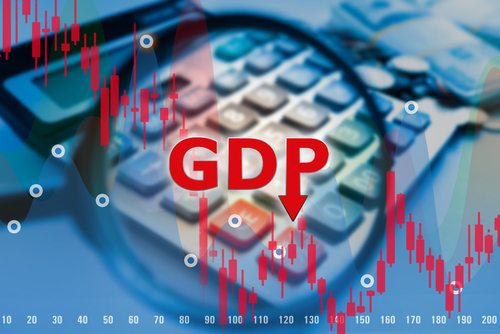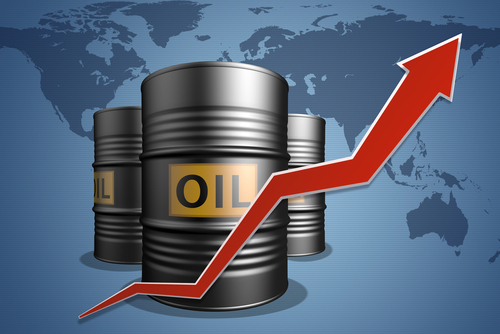Inflation unexpectedly fell last month as the increase in food prices slowed and a drop in services activity caused the Consumer Prices Index to drop slightly to 6.7%. Core inflation (excluding volatile fuel and food prices) also slowed as it fell to the lowest rate since March. Lower inflation allowed the Bank of England to keep interest rates on hold and mortgage borrowing costs are now expected to continue falling.
Improving inflation was generally welcomed by investors and policymakers, but there are signs inflation may remain high for some time. The recent decline is partly due to the slowdown in food inflation but, at 13%, this is still very high. Commodities, including crude oil, raw materials and some foods have also been rising in recent weeks. The OECD said central banks will need to keep rates elevated to deal with sticky inflation and it expects the UK’s core inflation rate to remain higher than other developed countries.
For the following stories, please click on this link*
- Global: Central Banks leave rates unchanged as markets look to ‘higher for longer’
- Interest Rates: BoE, FED and Swiss Bank leave rates unchanged
- Equities: Higher oil prices and end of rate holes boost UK shares
(*Please note, The contents of this e-shot been prepared for general information only. It does not contain all of the information which an investor may require in order to make an investment decision. If you are unsure whether this is a suitable investment you should speak to your financial adviser. This information is not guaranteed to be correct, complete, or accurate. FE Research is a division of Financial Express Investments Ltd, registration number 03110696, which is authorised and regulated by the Financial Conduct Authority (FRN 209967). For our full disclaimer please visit www.financialexpress.net/uk/disclaimer. Data Sourced from FE Analytics, and Bloomberg Finance LP.)




